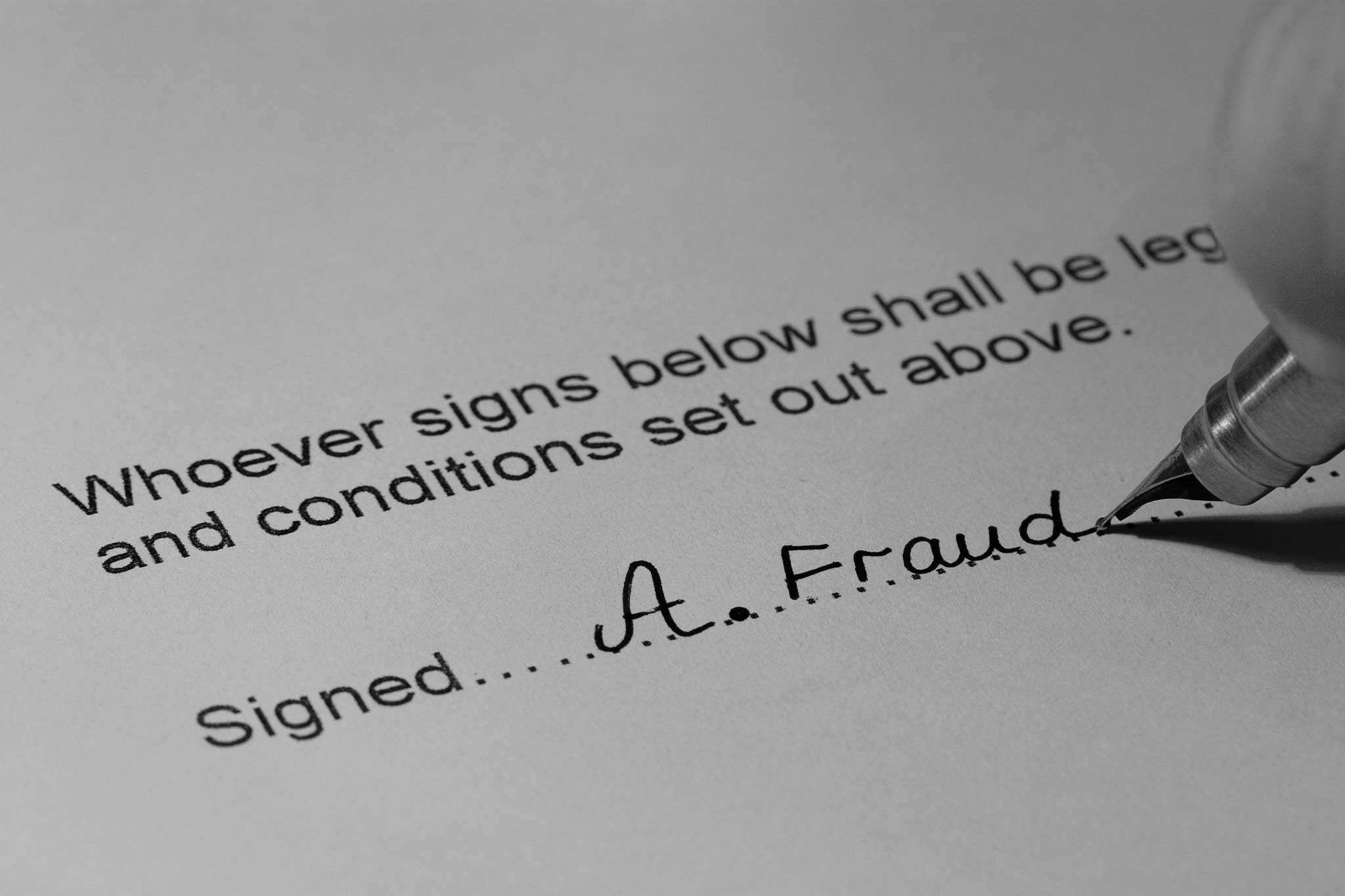In a world where our identities are stored in databases and documents are signed digitally, a new kind of theft is sweeping across property markets—home title fraud. Or more accurately, property title fraud. This rising threat doesn’t just affect homeowners. Landowners are equally vulnerable, especially those who live out of state or own vacant parcels that go unmonitored.
I’ve worked with two separate clients recently who have been directly impacted by these issues. One client’s identity was used to unknowingly “buy” a home in Oakland, California — no joke — it really happened. Another found his credit tainted by fraudulent accounts opened in his name.
As shocking as it sounds, these are no longer isolated events. With digital access to county records, fraudsters can forge documents and claim ownership of property you legally own.
Welcome to the dark side of real estate—theft without broken windows or crowbars. Just a signature. Just a file.
What Is Property Title Fraud and Why Should You Care?
Property title fraud happens when someone illegally transfers ownership of your real estate—either by stealing your identity or forging documents. They might secure loans against the property, attempt to sell it to unsuspecting buyers, or acquire utilities in your name.
What makes it worse is the time lag. You often won’t know your property has been compromised until months later—when foreclosure letters arrive, or new “owners” knock on your door.
How Identity Theft Leads to Property Fraud
Most property title fraud schemes begin with identity theft. Criminals may steal your name, address, date of birth, and Social Security number through:
- Phishing emails or fake login pages
- Publicly available data from breaches
- Unsecured Wi-Fi connections
- Mail theft or dumpster diving
Your Property Can Be Stolen Without You Knowing
Imagine this: You live hours away from a parcel of land. One day, it's listed for sale—and you didn’t list it.
Or you own a home but travel often. A scammer files a forged deed. Suddenly, they claim ownership. Now you're dealing with legal headaches just to reclaim what's already yours.

Title Lock and Similar Services – What Do They Actually Do?
Services like Title Lock monitor property title activity but do not prevent fraudulent filings. They alert you when something is recorded. For more information on title insurance services, see our previous blog article.
Here is a link to ConsumersAdvocate.org where you can learn about their Top 10 recommendations for identity theft protection services.
How to Freeze and Unfreeze Your Credit for Free
Freeze your credit reports with all three bureaus:
Monitoring Services vs. True Preventative Tools
Comparison of credit monitoring, title lock, credit freezes, and title insurance. Use them in combination for best protection.


Best Practices for Property Owners: Preventative Measures That Work
- Check county records regularly
- Enroll in Forrest County Fraud Alert
- Contact your county Chancery Clerk for local fraud alerts
- Use paid services like Home Title Lock or LifeLock
Notable Title Fraud Cases Making Headlines
- Oakland, CA identity theft & fraudulent sale
- Florida couple's home fraudulently transferred
- NY landlord mortgage fraud case
Reporting Property Title Fraud
FAQs
- Can someone really steal my property title?
- Yes. Forged documents can be used to fraudulently claim ownership.
- Does Title Lock prevent title fraud?
- No, it only monitors and alerts you.
- What properties are most at risk?
- Vacant land, elderly-owned homes, and properties with no mortgage.
- Will title insurance protect me?
- Sometimes, if your policy includes post-closing fraud protection.

Conclusion: Turn On the Lights in the Dark Side of Real Estate
Combine credit freezes, title alerts, and fraud education to stay protected. Vigilance is your strongest deed.
Title fraud isn’t just a possibility—it’s a growing problem. The good news? You don’t have to face it alone. Learn how title insurance can be your first line of defense in our companion post: The Crucial Role of Title Insurance in Real Estate. It’s a quick read that could save you from a long legal battle.
Whether you’re protecting your family home, an inherited lot, or a rural investment property, it all starts with awareness—and ends with action. If you’d like a second set of eyes on your current protections or want to explore title insurance and monitoring options, I’m just a call or click away. Let’s make sure your deed stays right where it belongs.



